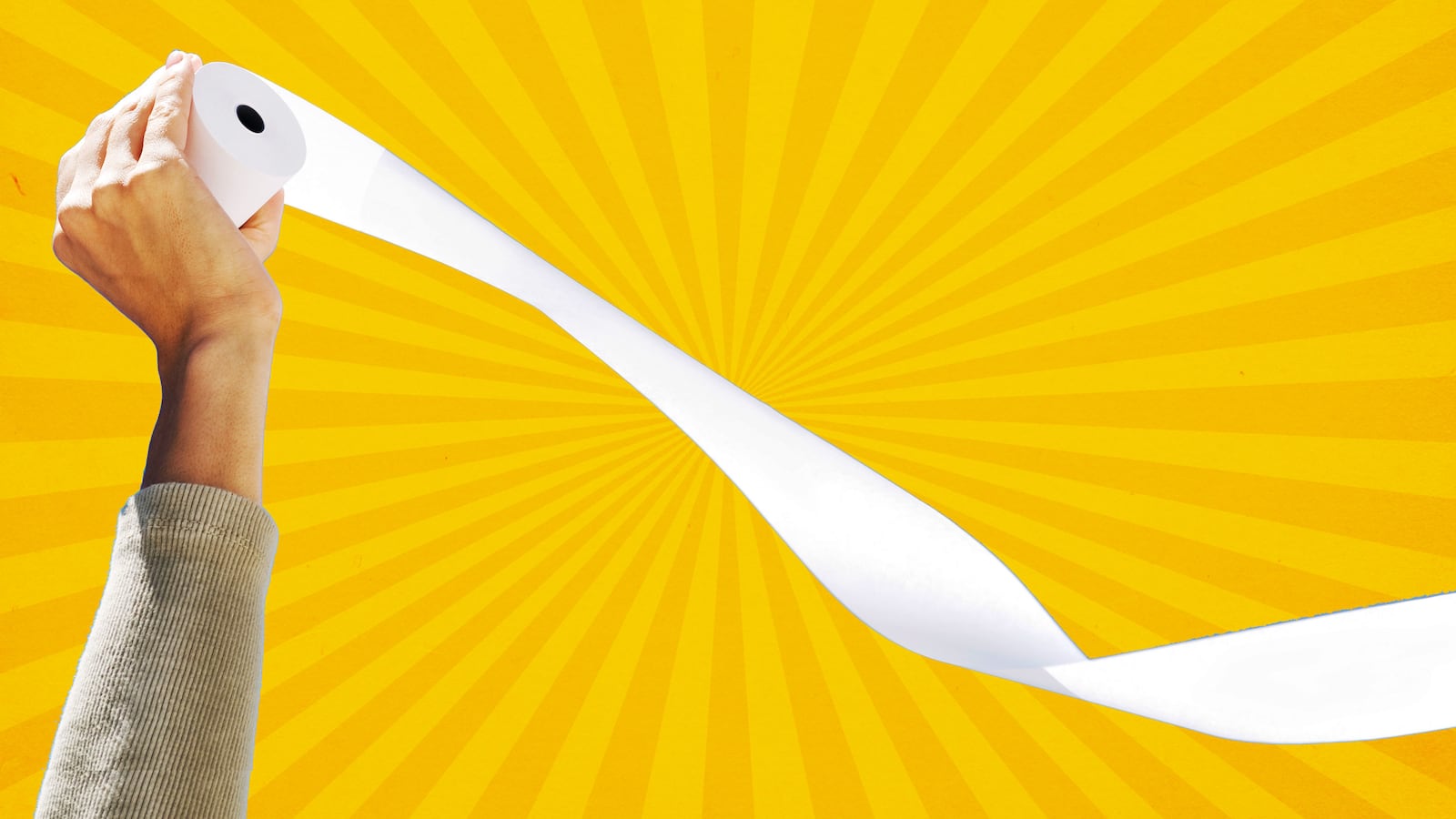When it comes to fecal transplants, not all healthy stool works the same. Researchers at the University of Auckland, New Zealand re-examined a range of existing research on fecal transplants and found that some donors had better poop than others, according to a report published Tuesday in the journal Cellular and Infection Microbiology.
The so-called “super poopers” produce stool rich in a specific bacteria needed to restore the guts of those suffering from a range of conditions, like ulcerative colitis and irritable bowel syndrome (IBS), who lack the bacteria needed for a healthy microbiome.
Justin O’Sullivan, lead author an associate professor of molecular biology at the University of Auckland, said that zeroing in on what makes a super donor will help scientists better understand why certain people have such magical poop.
“There are no two microbiomes that are the same, much like a fingerprint,” O’Sullivan told The Daily Beast. Studying the specific bacteria present in a super-donor’s stool will tell researchers “why some people’s poo works for certain conditions, and why others doesn’t.”
Fecal transplants are exactly what they sound like they are: taking the healthy stool from one person and injecting it into the recipient’s colon. Transferring stool from a healthy person to another person is an established treatment for Clostridium difficile, or C diff, an infection that interrupts the production of healthy bacteria in the colon and causes stomach pain and extreme bouts of diarrhea. Bacteria therapy works well for this condition because it kills off the overgrowth of bad bacteria and replaces it with good ones; O’Sullivan said fecal transplants can cure C Diff quickly (as short as 24 hours, as long as a couple weeks) about 90 percent of the time.
Fecal transplants have also been studied as a possible treatment for many conditions, from obesity (which O’Sullivan is currently studying) to mood disorders to Type II diabetes, to varying results. DIY fecal transplants became a viral trend in 2018, leading some doctors to speak out about risks of trying it at home.
While studies have shown that C Diff will almost always respond well to a fecal transplant, O’Sullivan and his fellow authors noted that for some conditions, like ulcerative colitis, it really mattered who the stool came from.
It turned out that some people have better fecal matter than others.
Usually, donated fecal matter is used to treat just one patient, but “super-poopers” have the superpower of helping many people. “We look at whether in a clinical trial, we can treat a whole bunch of people with the same disorder. If that one person’s fecal matter cures multiple people, they are a super-donor.”
The problem is that researchers still aren’t quite sure what makes a super donor. O’Sullivan says it’s more than just finding a healthy person. A super donor will have a really diverse microbiome—meaning lots of different types of healthy bacteria—and a strong immune system.
“You’re not an individual—you are this walking community [of bacteria],” O’Sullivan said. “Your microbiome is an interface between you and your environment. The best way to make your walking community [aka your microbiome] healthy is lots of fiber, eating healthy, drinking water, and exercising.”
But it’s not just a healthy diet that makes a super pooper. More research is necessary to figure out what makes a super donor. And by studying super donors, scientists hope to isolate and identify which specific gut bacteria are most helpful for certain conditions to personalize and standardize bacterial therapy.
O’Sullivan says that next for his team will be trying to predict the right super donors for a specific illness—they’ll likely try it out with Crohn’s disease first.
“Fecal transplant is the crudest type off microbiome therapy,” said O’Sullivan. “Ideally, we want to get away from using a material that, for your whole life, you were told you should stay away from.”






